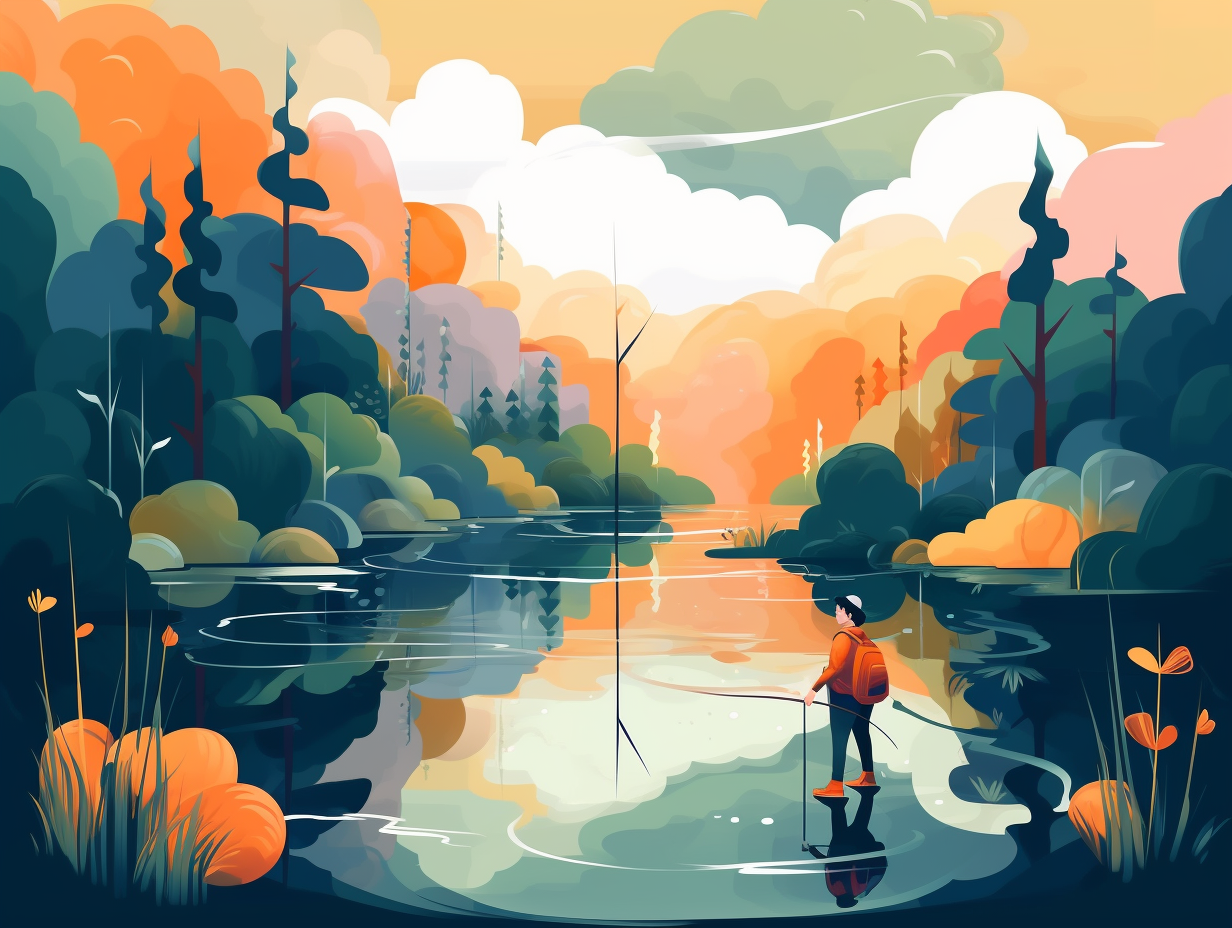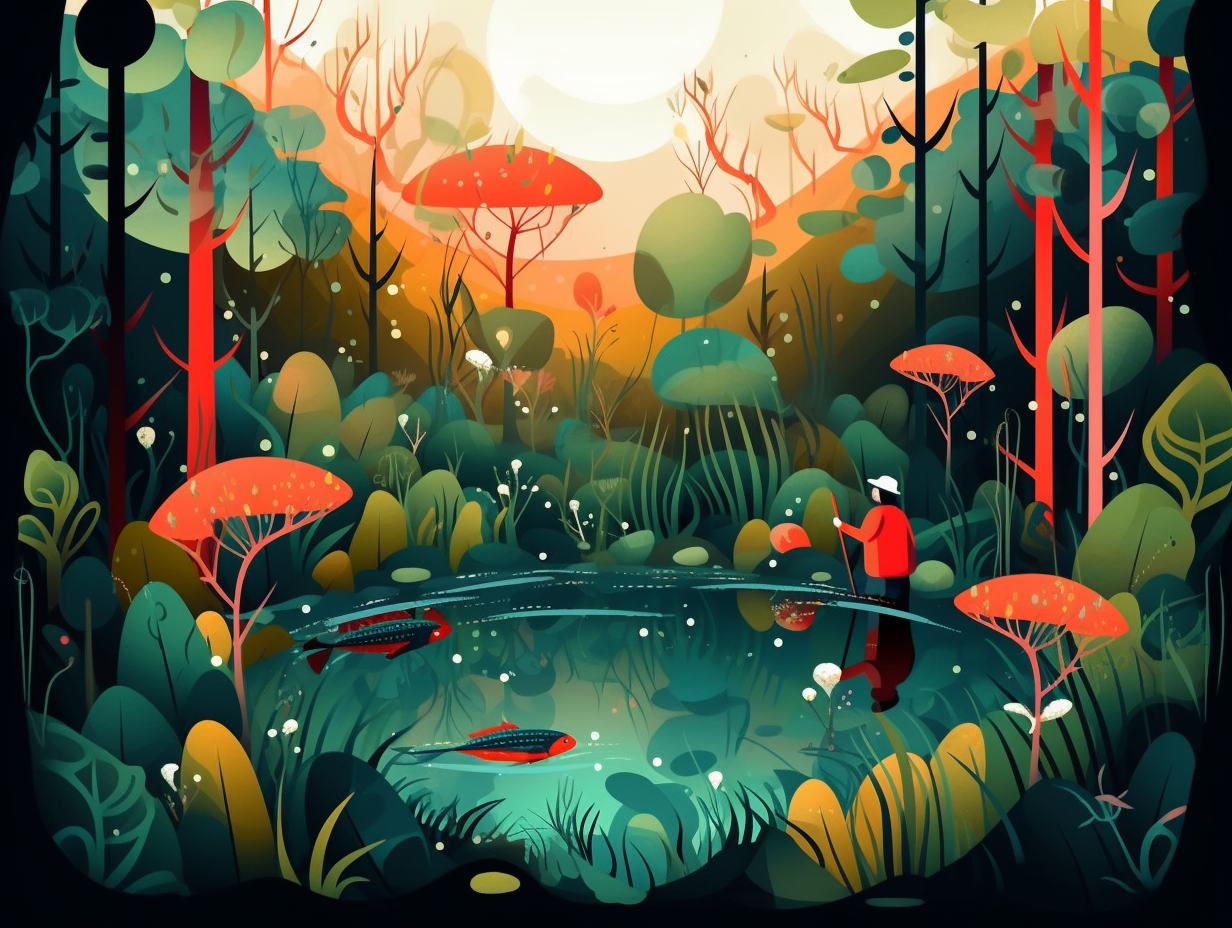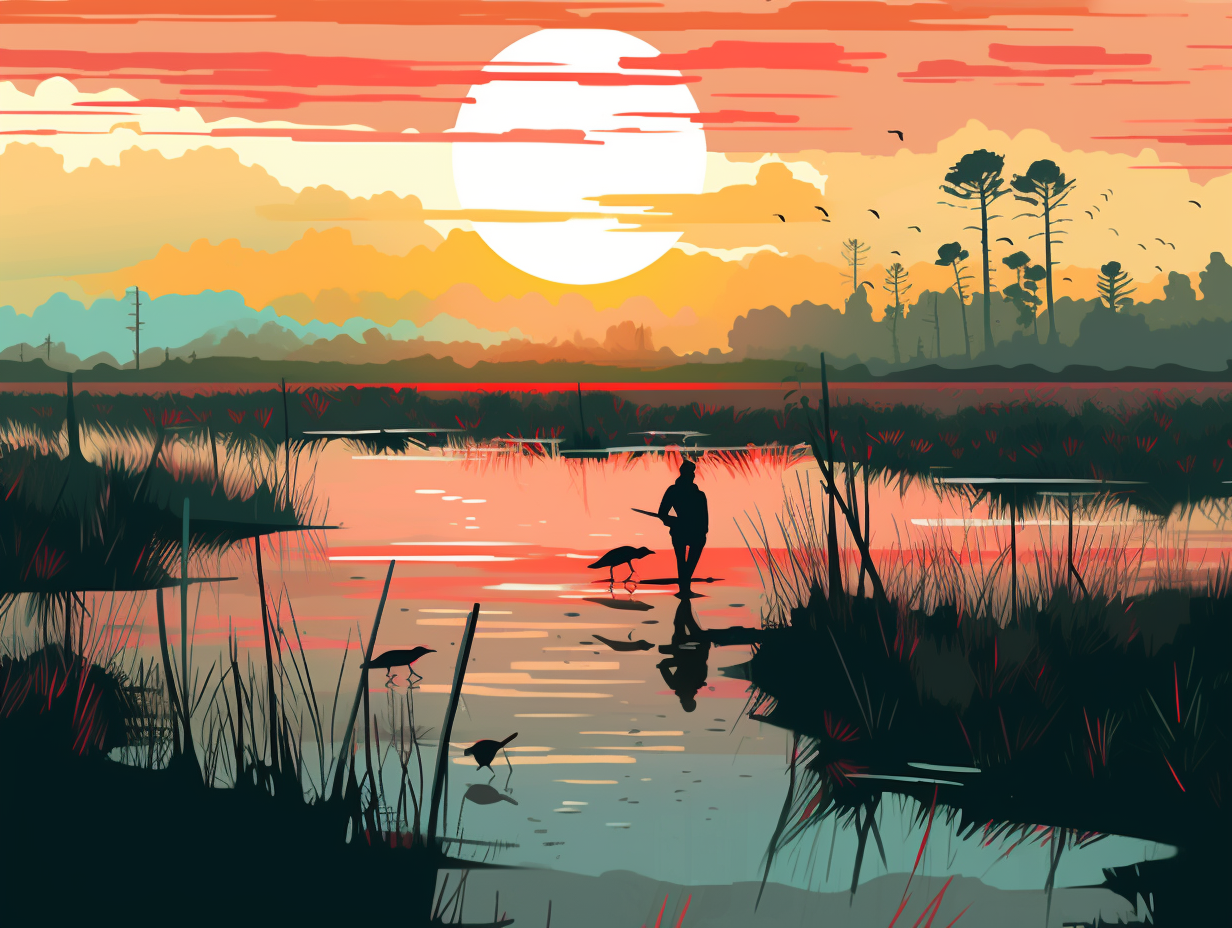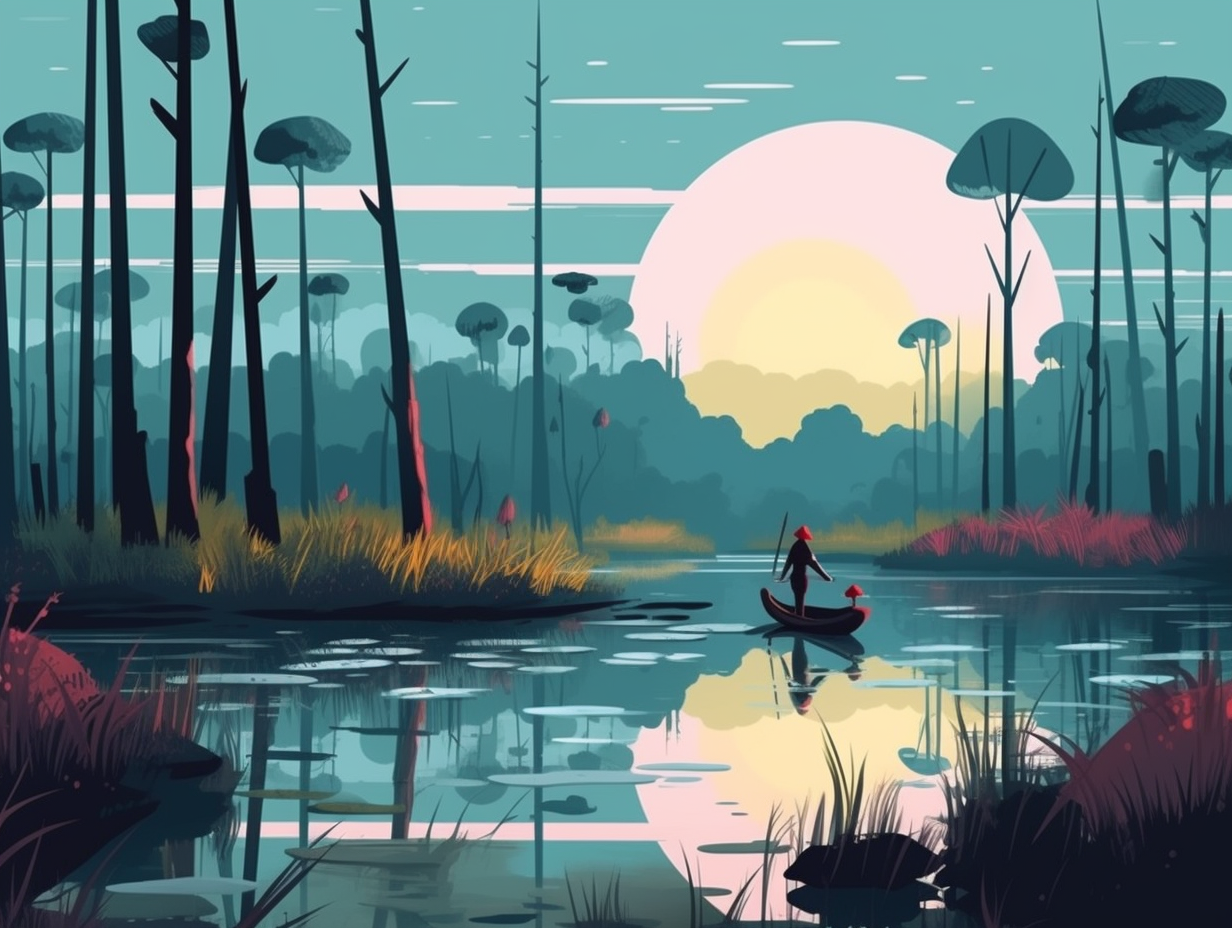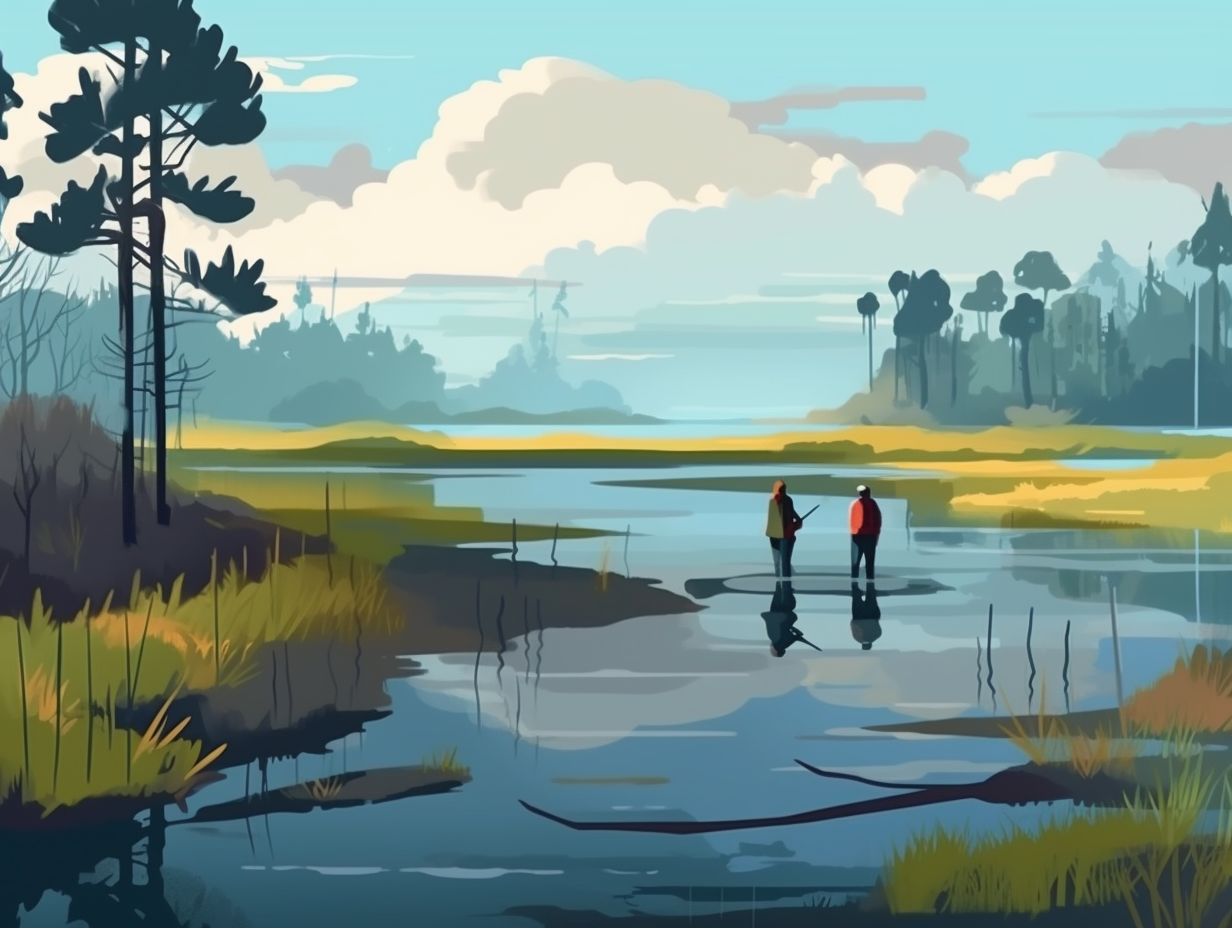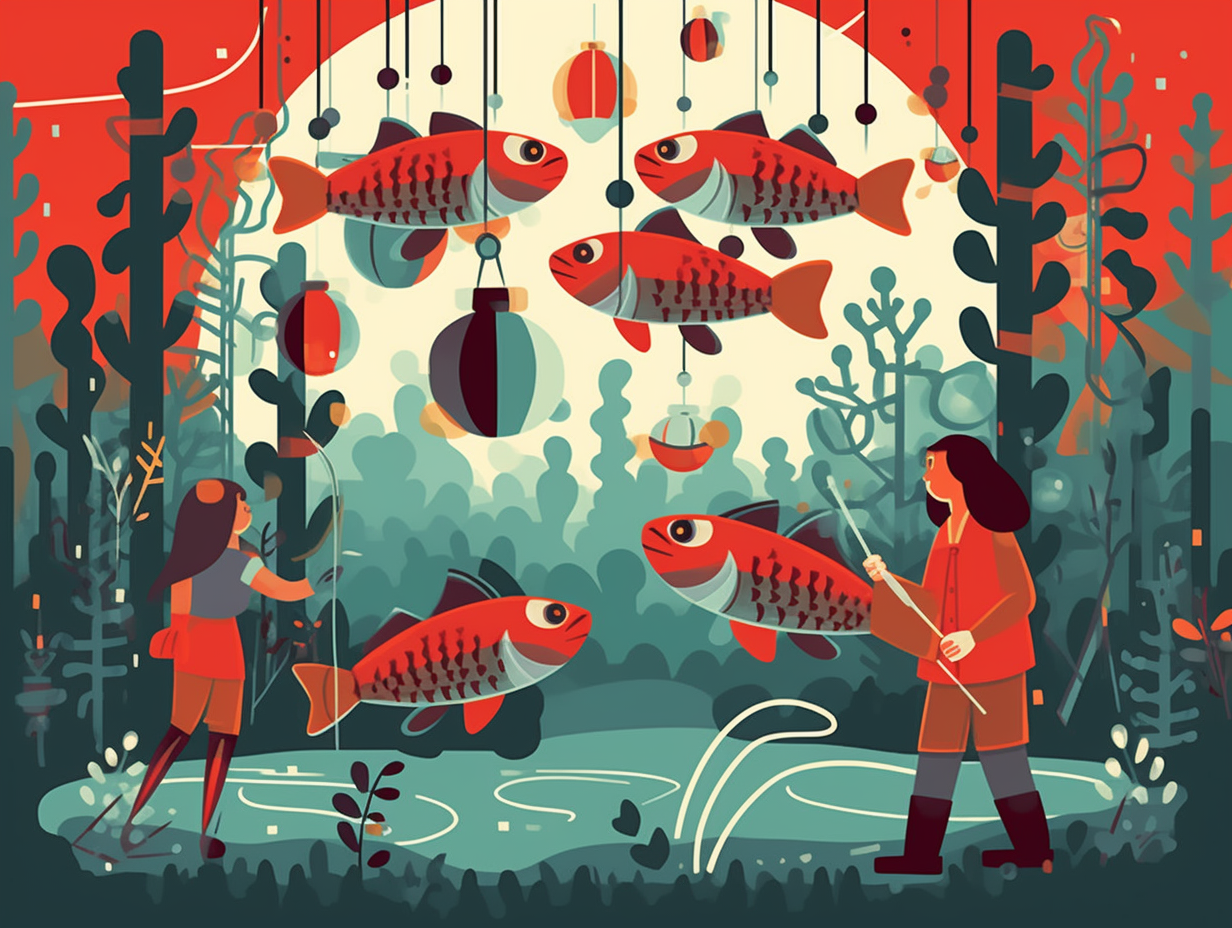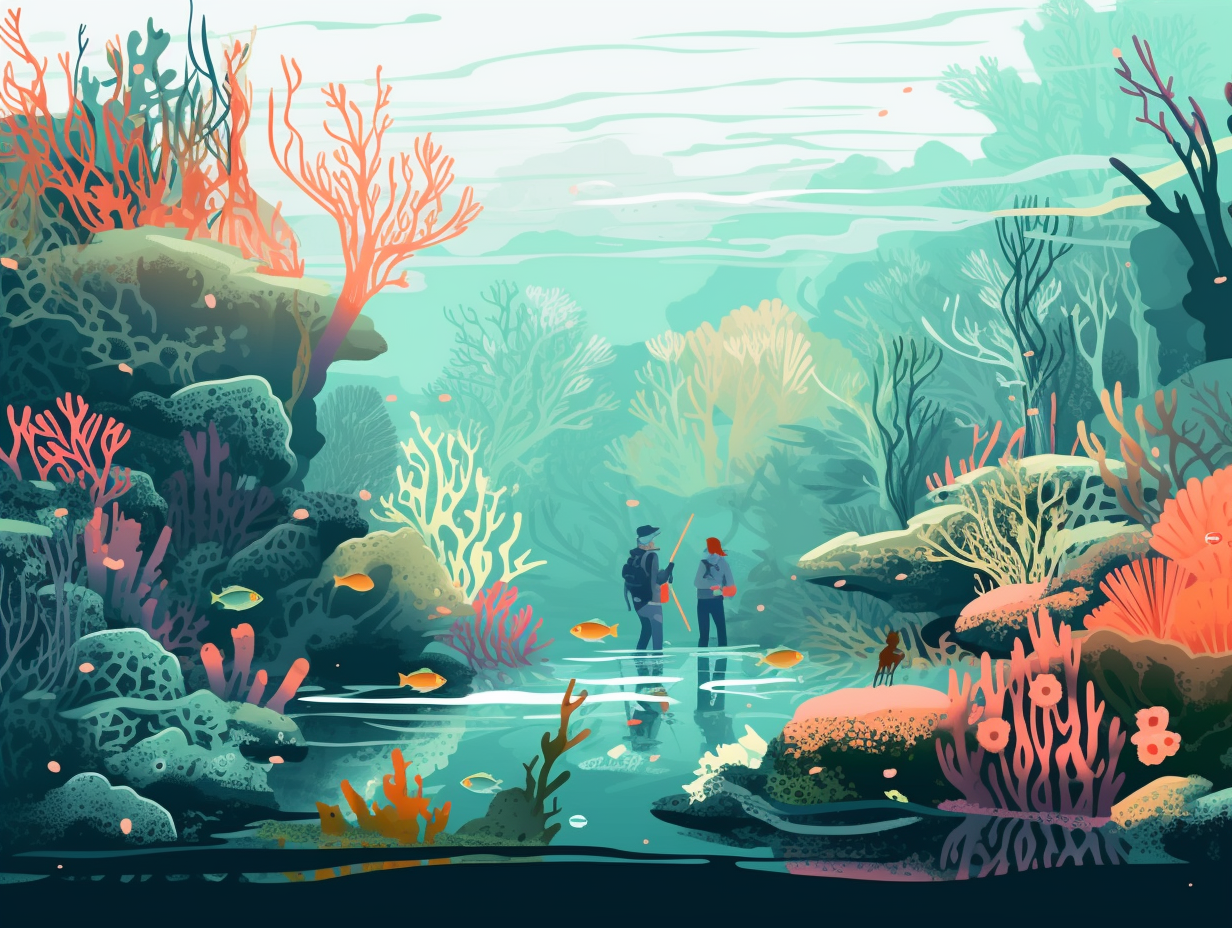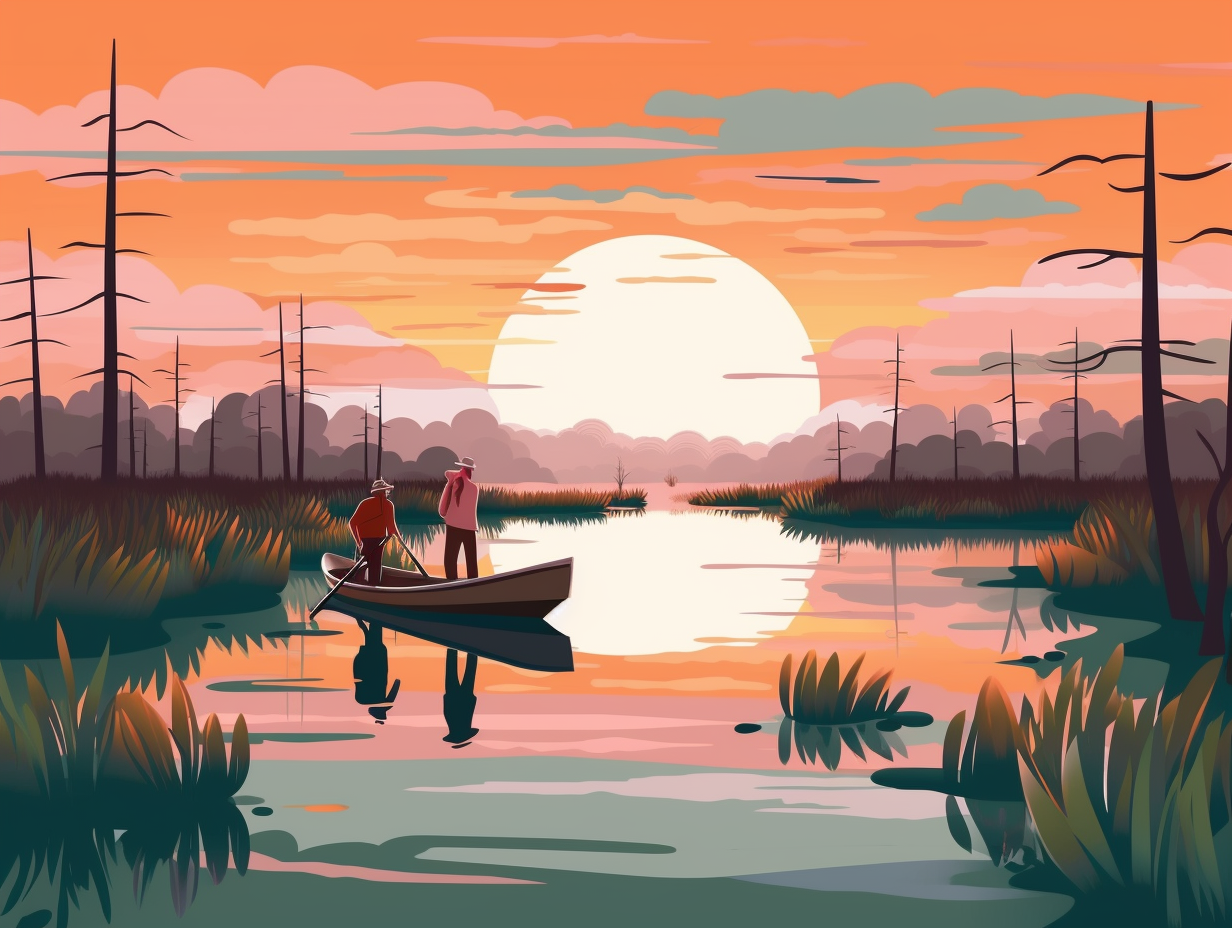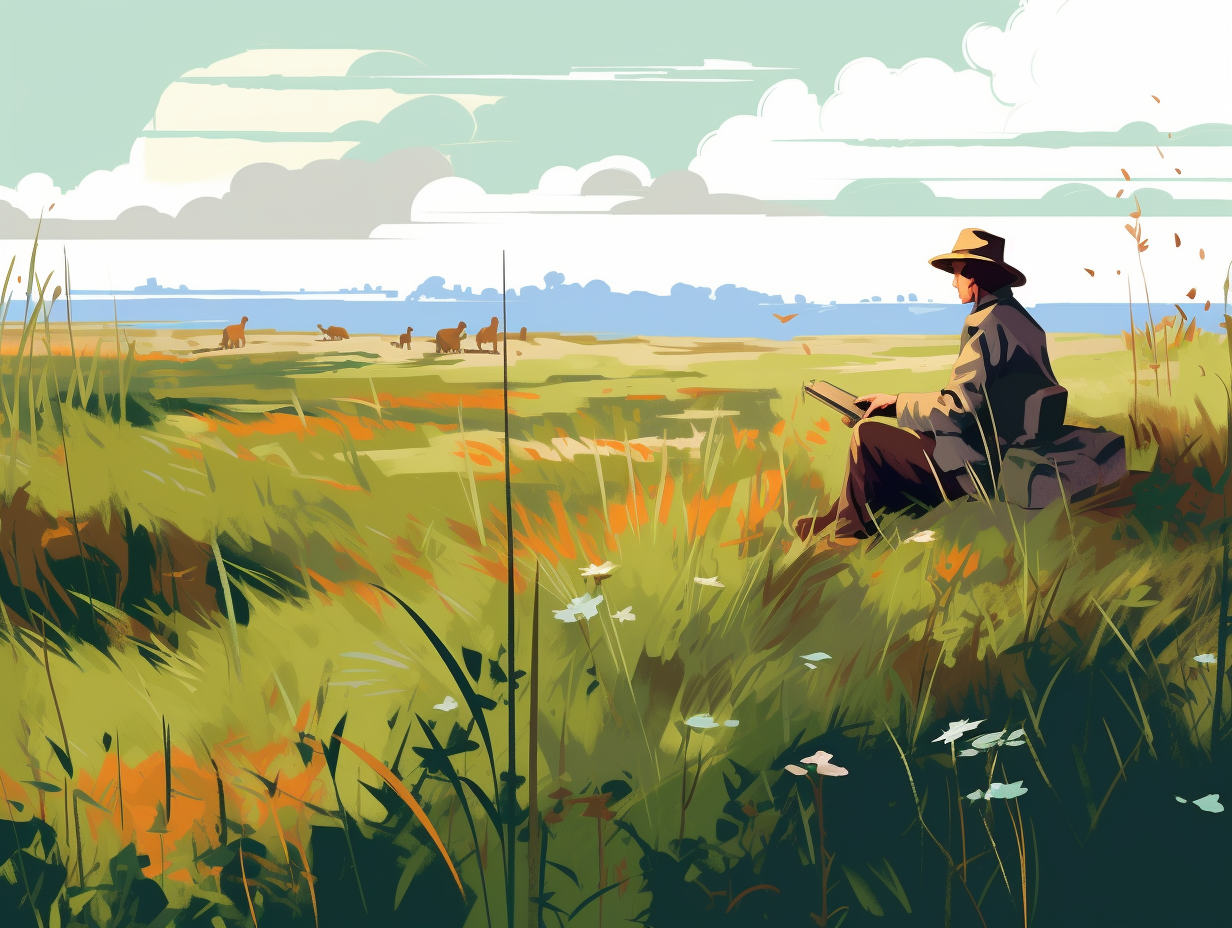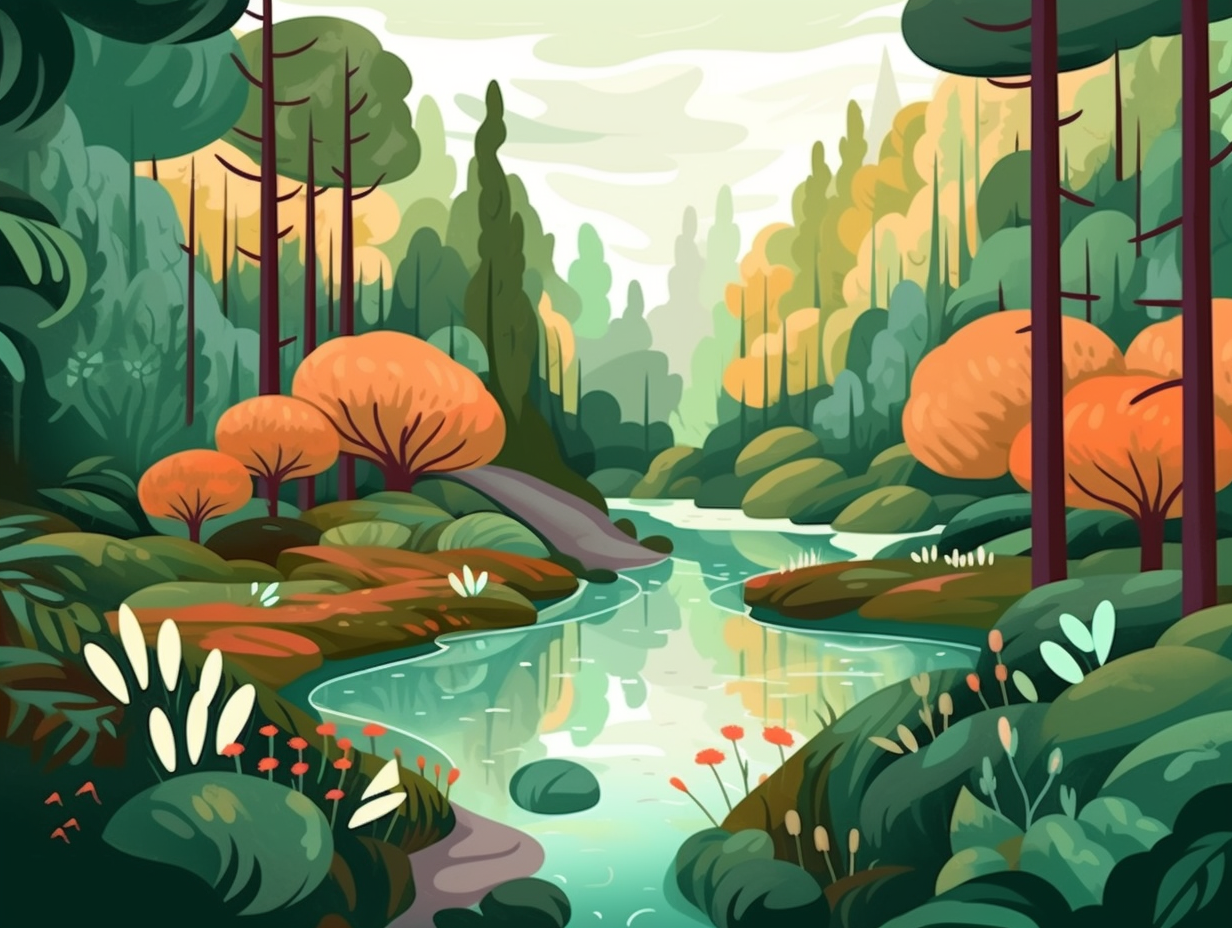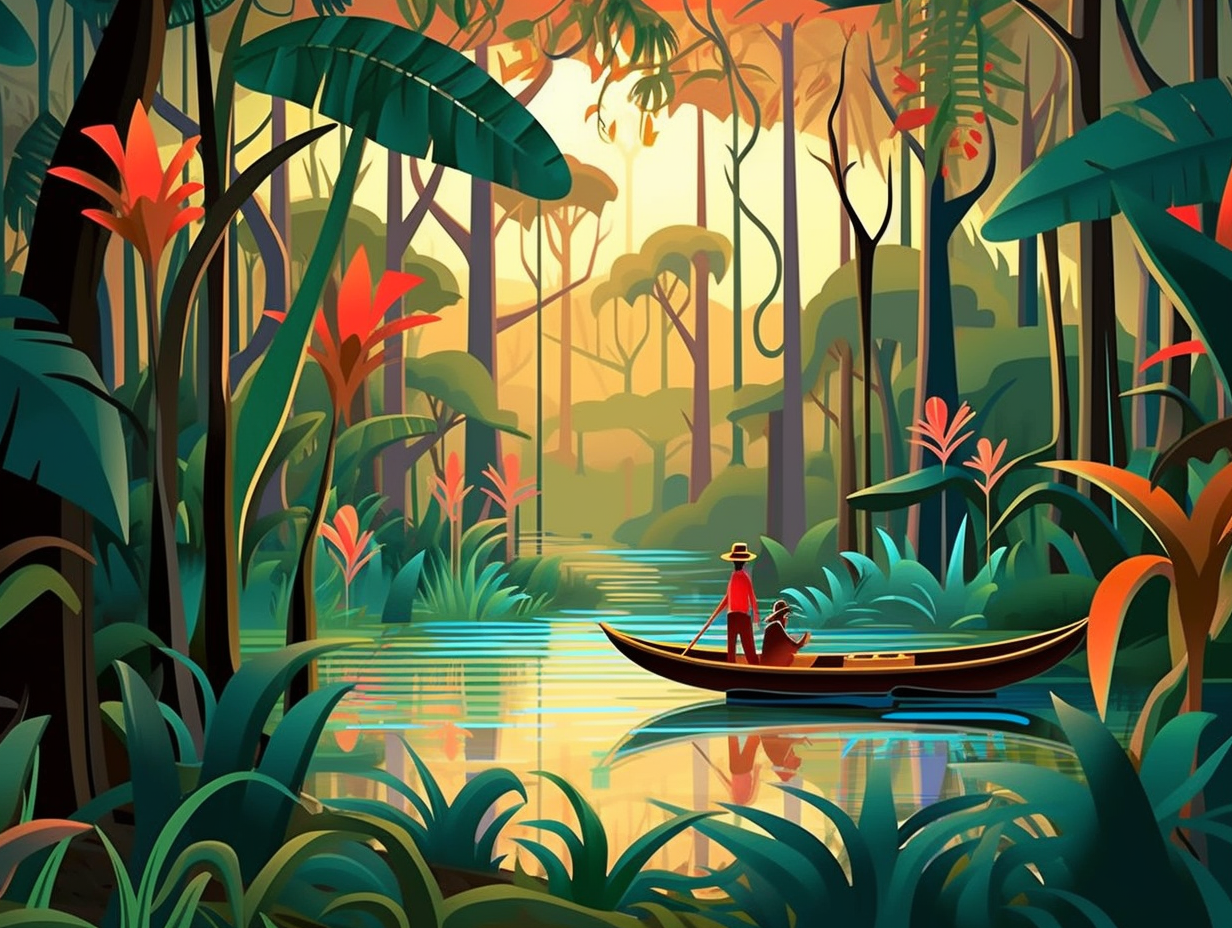Discover the Wonders: Top 9 Amazing and Fun Facts About Ponds You Never Knew

1. Ponds: The Carbon Storage Superheroes
Don't let their petite puddles fool you: ponds are the unsung superheroes in the world of carbon storage! In a twist that could make Al Gore a proud pond papa, these tiny waterscapes can stash away organic carbon at rates between 79 to 247g per square metre per year, leaving forests and grasslands green with envy.
Source => northumbria.ac.uk
2. UK Ponds: Biodiversity's Swanky Dating Pool
Why did the frog swipe right on the UK pond? Because it's a hopping dating pool for biodiversity: UK ponds are the most biodiverse freshwater habitats, supporting numerous species thanks to features such as sloping beaches, muddy margins, open water, vegetation, and overhanging trees. Sadly, one third of these ponds have vanished in the past 50 years, impacting frog, toad, and newt populations. But fear not, a simple backyard pond can help reverse this decline and provide refuge for various species, from water insects to amphibians, birds, mammals, and plants!
Source => nhm.ac.uk
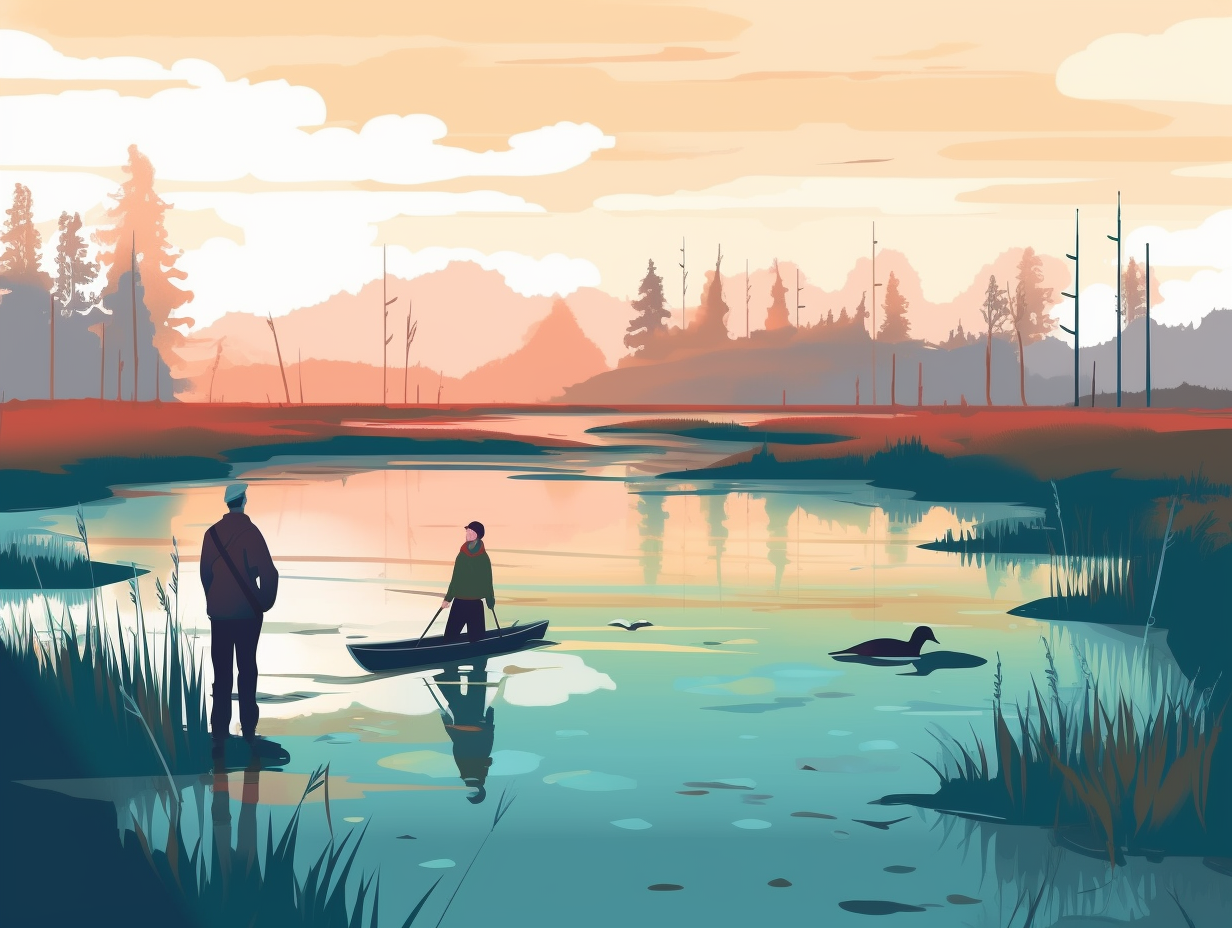
Discover the fascinating world of Spanish moss – nature's ultimate freeloader that thrives without depending on its tree hosts for water or nutrients. Did you know it has a two-pronged approach to finding new homes? Find out how these bearded squatters hitch rides on birds and breezy zephyrs! 🌳💧🐦
=> Fun Facts about Wetlands
3. Pond Loss: Amphibian Love Crisis
Hop to it, because we're about to take a leap into a serious amphibian love crisis: In the past 50 years, the UK has lost one third of its ponds, causing a severe ripple effect on the local wildlife, particularly frogs, toads, and newts who rely on them for their annual romantic rendezvous.
Source => nhm.ac.uk
4. Pint-sized Powerhouses: Ponds' Biodiversity Prowess
Who said size matters? When it comes to ponds, these mini aquatic wonderlands are the underdog superheroes fighting for climate change and biodiversity: Despite their humble size, ponds have been proven to support a more diverse range of species, including endangered ones, than their larger counterparts. Sadly, these pint-sized powerhouses face threats globally—from a staggering loss of 90% of Swiss ponds in the last two centuries to declines in the UK and Austria due to agricultural intensification. Cheers to these tiny titans and our collective efforts to protect their ecological superpowers!
Source => therevelator.org

5. Underdog Ponds: Biodiversity Hotspots
The stage was set for a water body showdown—riveting rivers, sassy streams, and dogged ditches had all the glory—until ponds crashed the party: Ponds, those underdog underwaters, are actually biodiversity hotspots, supporting more unique and scare species than their larger, more limelight-hogging counterparts, playing a crucial role in sustainable catchment management and enriching lowland agricultural landscapes.
Source => sciencedirect.com
6. UK's Un-frog-ettable Pond-emic
It seems the United Kingdom has been facing an un-frog-ettable pond-emic: One third of all UK ponds have vanished in the past 50 years, significantly impacting the love lives of frogs, toads, and newts who rely on these aquatic habitats to multiply and thrive.
Source => nhm.ac.uk
7. Mediterranean Temporary Ponds: Rarities Worth Protecting
Prepare for a splash of knowledge that's deeper than you'd expect from a puddle: Mediterranean Temporary Ponds (MTPs) are rare, shallow bodies of water treasured by the European Union's Natura 2000 network for their unique biodiversity, hosting numerous exclusive and rare plant species despite their susceptibility to human-driven threats like intensive agriculture and urban development.
Source => intechopen.com
8. Urban Pond-hoppers: Amphibians in the Concrete Jungle
Whoever said frogs couldn't thrive in the concrete jungle clearly never met these urban pond-hoppers: According to studies, up to 75% of amphibians in urban areas use garden ponds as breeding sites, with common species naturally colonizing them in 47-77% of cases. Sometimes they even adapt to city life by making use of urban stormwater ponds and Sustainable Urban Drainage systems designed to intercept and process pollutants and stormwater.
Source => conservationevidence.com
9. Ponds: Rural British Biodiversity Champions
Move over rivers and streams, there's a new water body in town stealing the limelight: Ponds in the lowland British countryside have been found to be the unsung heroes of regional biodiversity, hosting a dazzling array of unique species and putting their larger aquatic cousins to shame.
Source => researchgate.net
Related Fun Facts

